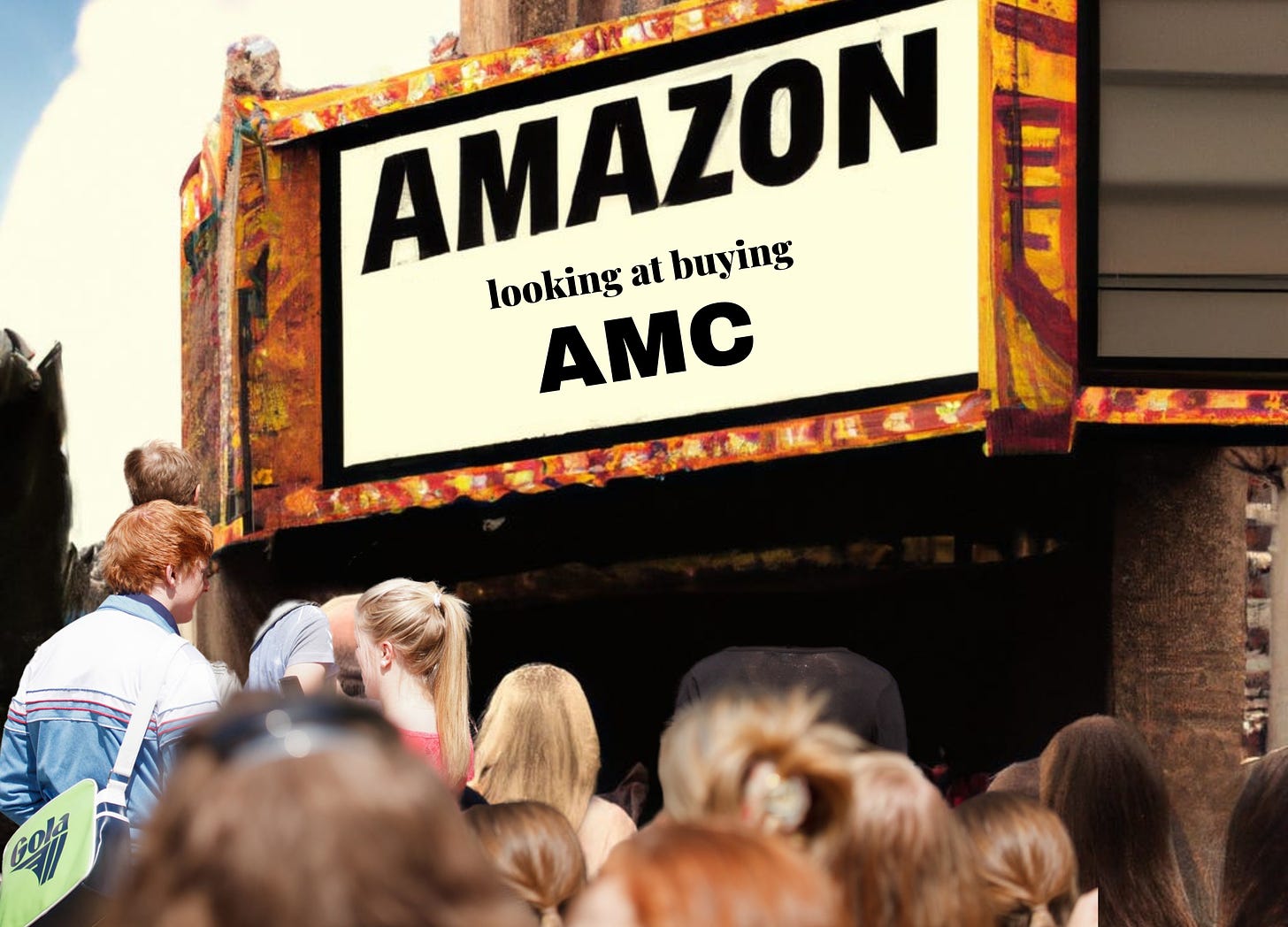Amazon May Buy Distressed AMC Theater Chain in Seismic Hollywood Streaming Shift
Jeff Bezos can use AMC’s 600 theaters and 200 million North America, Europe and Middle East customers as “marketing weigh stations,” said one insider. No offers to the theater chain. Yet.



